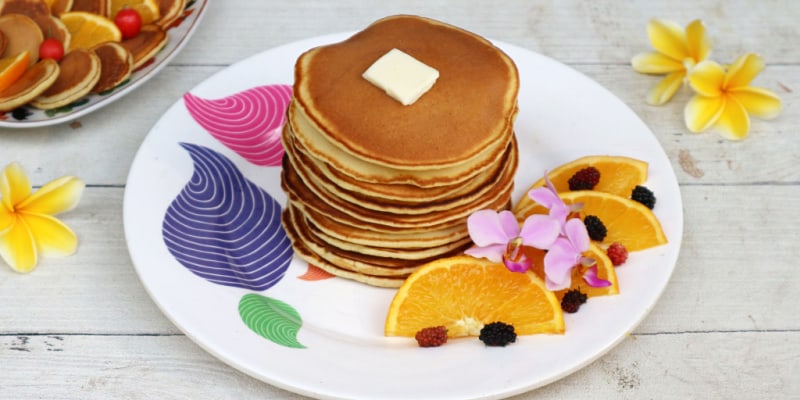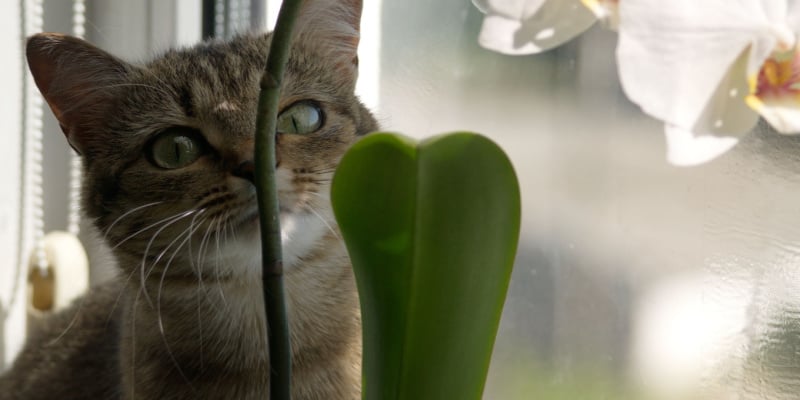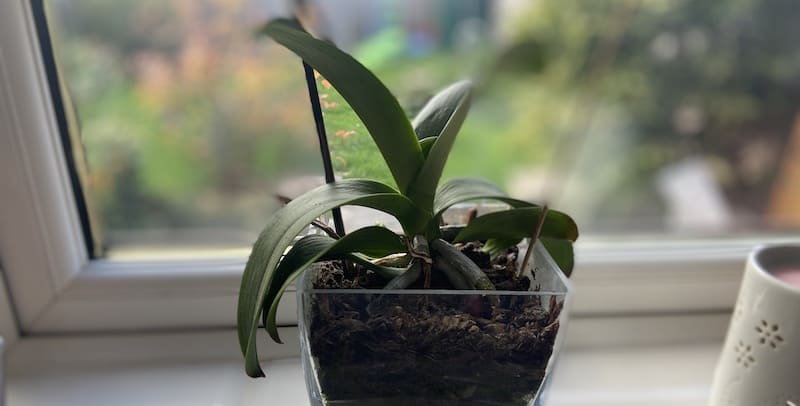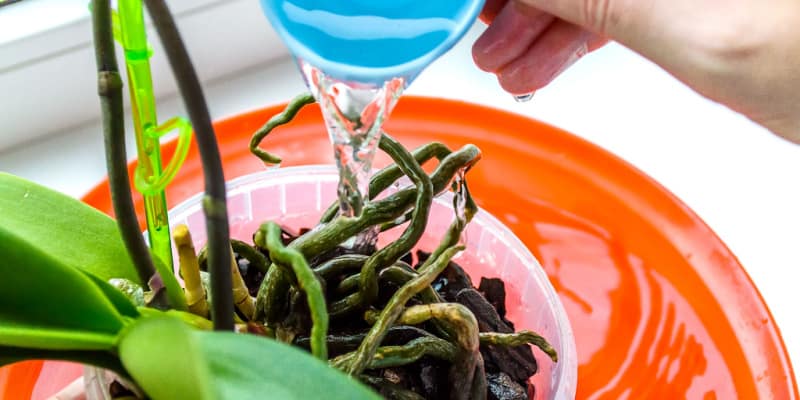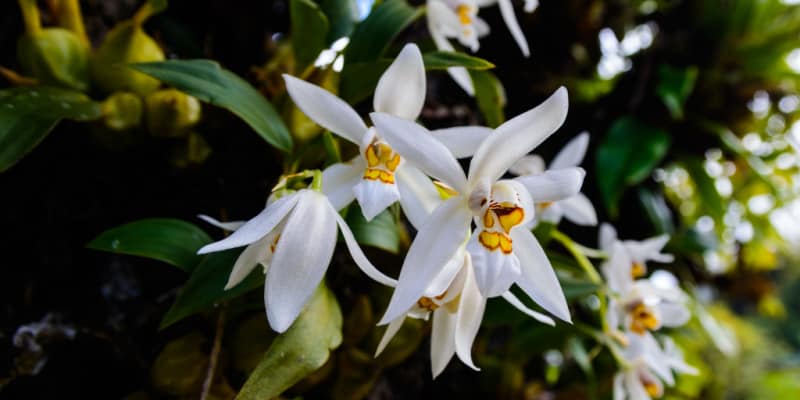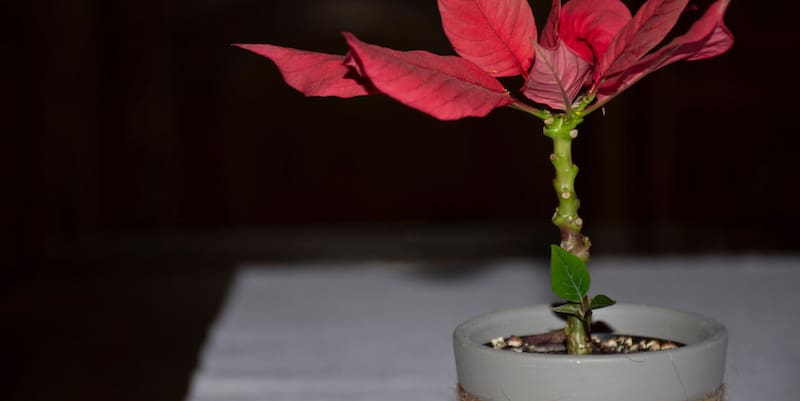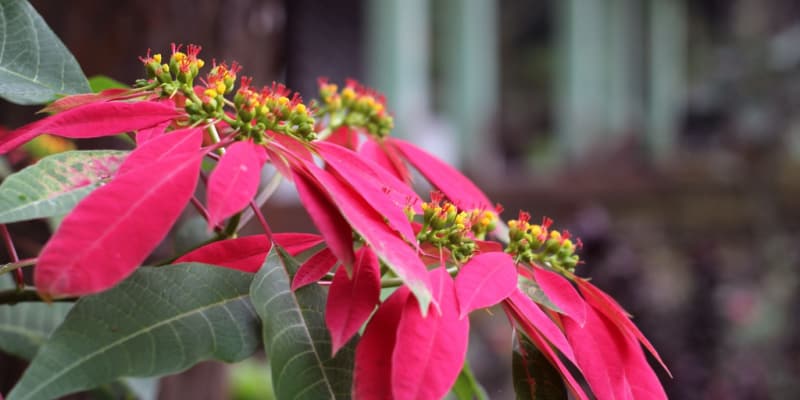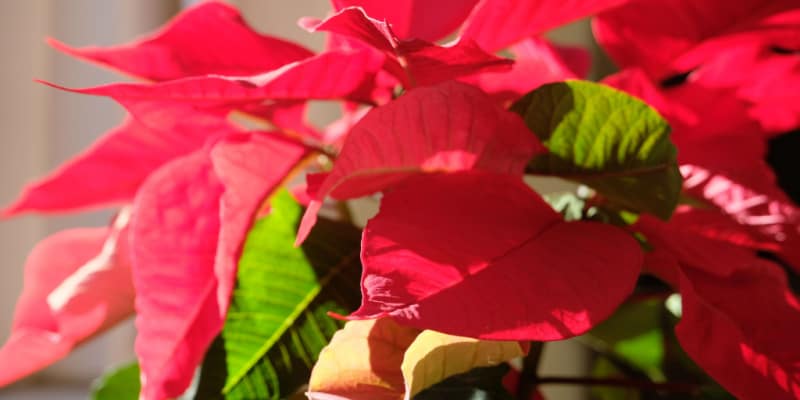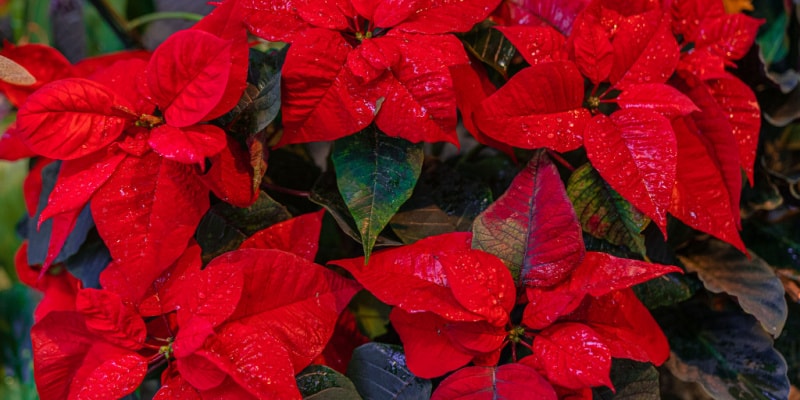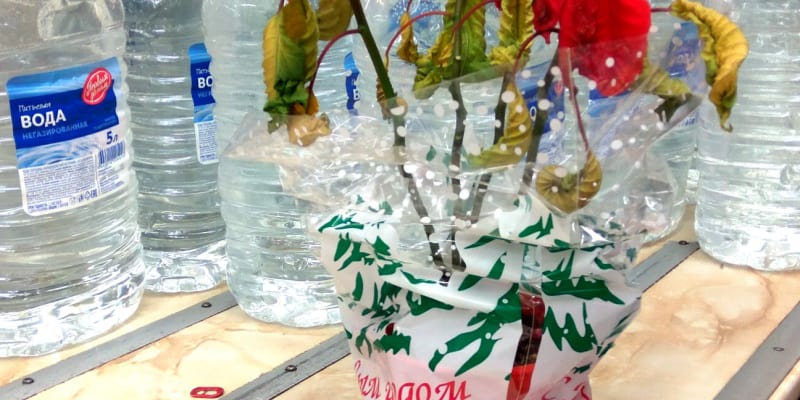Are orchids edible? Different ways you can eat them and which parts
The short answer to ‘are orchids edible? is Yes, orchid blooms are edible. As well as serving as decorations on delicious meals around the world as shown in the image above, they’re also an integral ingredient to the dishes in many cultures. In addition, many orchids are prepared as herbal medicines and are taken for various ailments, but I’ll leave that one up for debate. The one orchid flavour that you’ve probably heard of is Vanilla. Yes, the vanilla we…
